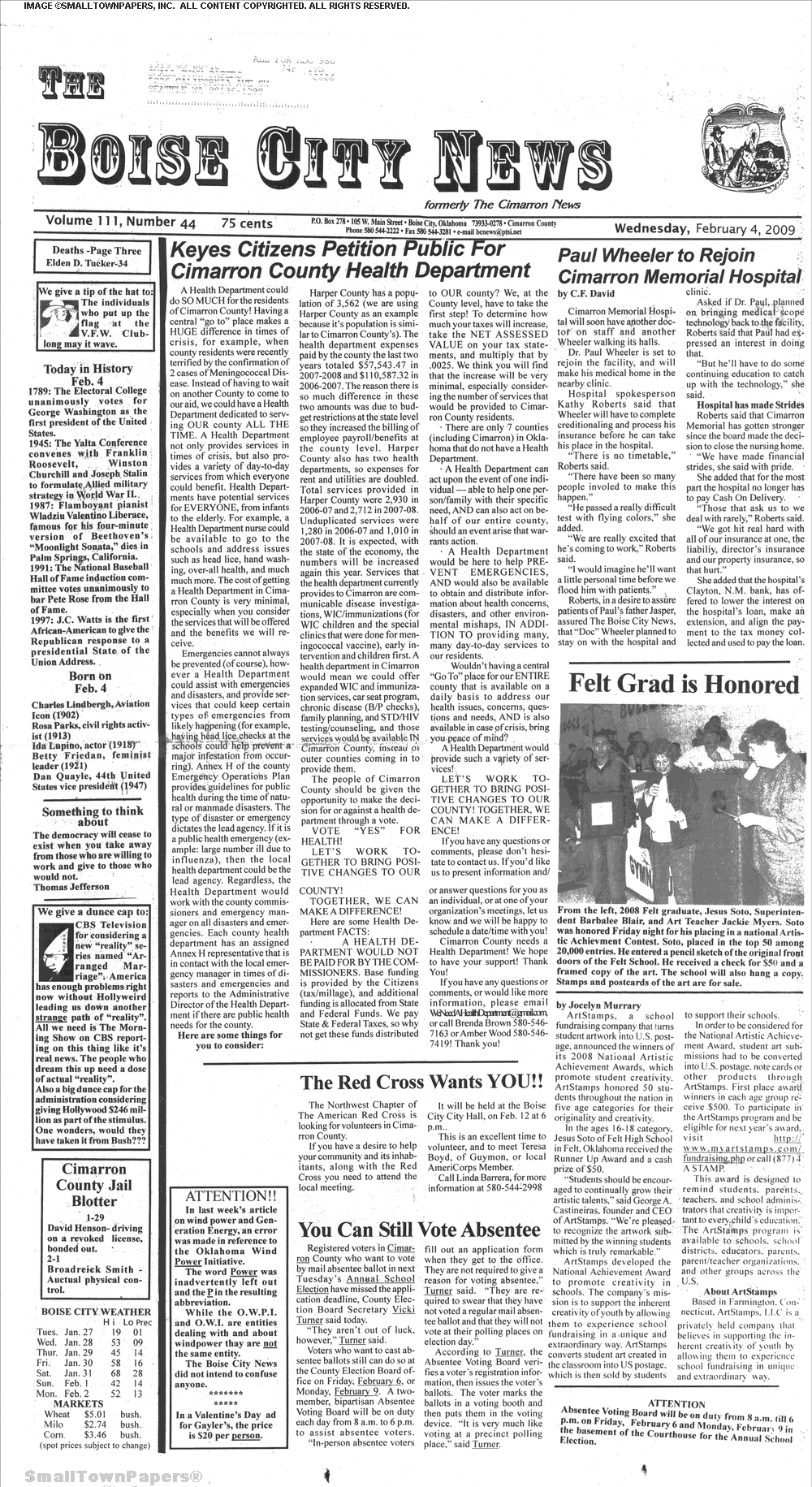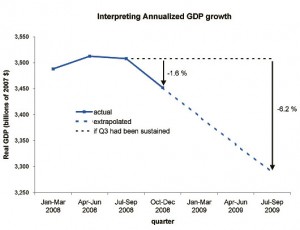We all tune/dial up/surf/click on/re-direct to the NYT so often that it becomes, without our even realizing it, natural for us to project ourselves onto the grandest scale. And while there’s little wrong with that – and so along as the NYT remains the best source of actually reporting – our relationship to local news sees a thoroughgoing change and our national paper becomes another way we lose local connections; we have to pan out now just to select the spots where we pan back in.
And not just news, obviously, but issues become obscured when only viewed through a wide-angle prism. While I wouldn’t suggest we need to be led by any simple wisdoms of uniquely local warranty, and hope to avoid the condescending loyalty to any kind of flyover provincialism, we should realize that many national reporters/columnists strive to lead us back to these very perspectives, albeit from a distant, centralized point of entry.
By just this sort of scaling and re-scaling, you can see how things might get misconstrued or confused, accidentally or otherwise, and generally difficult to discern, much less do anything.
But looking at the way things might and often do happen – on issues related to food, health care or transportation just to name three – the power of motion is all local. Have a look below at this unsigned, front page admonition on a new health department, and a couple of things jump out, even beyond the ‘reality show with actual people’ category. On this scale, it seems that no amount of agitation against ‘socialized this’ or ‘abstinence that’ would or could make any sense. Imagine that, with or without all caps.




